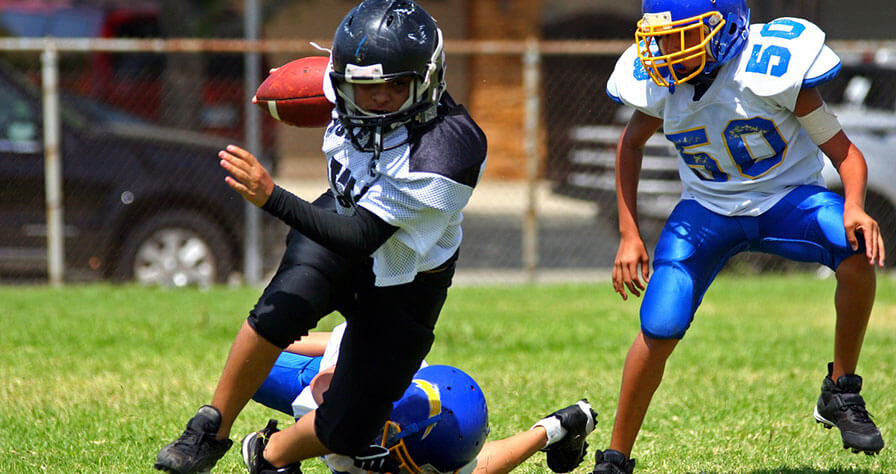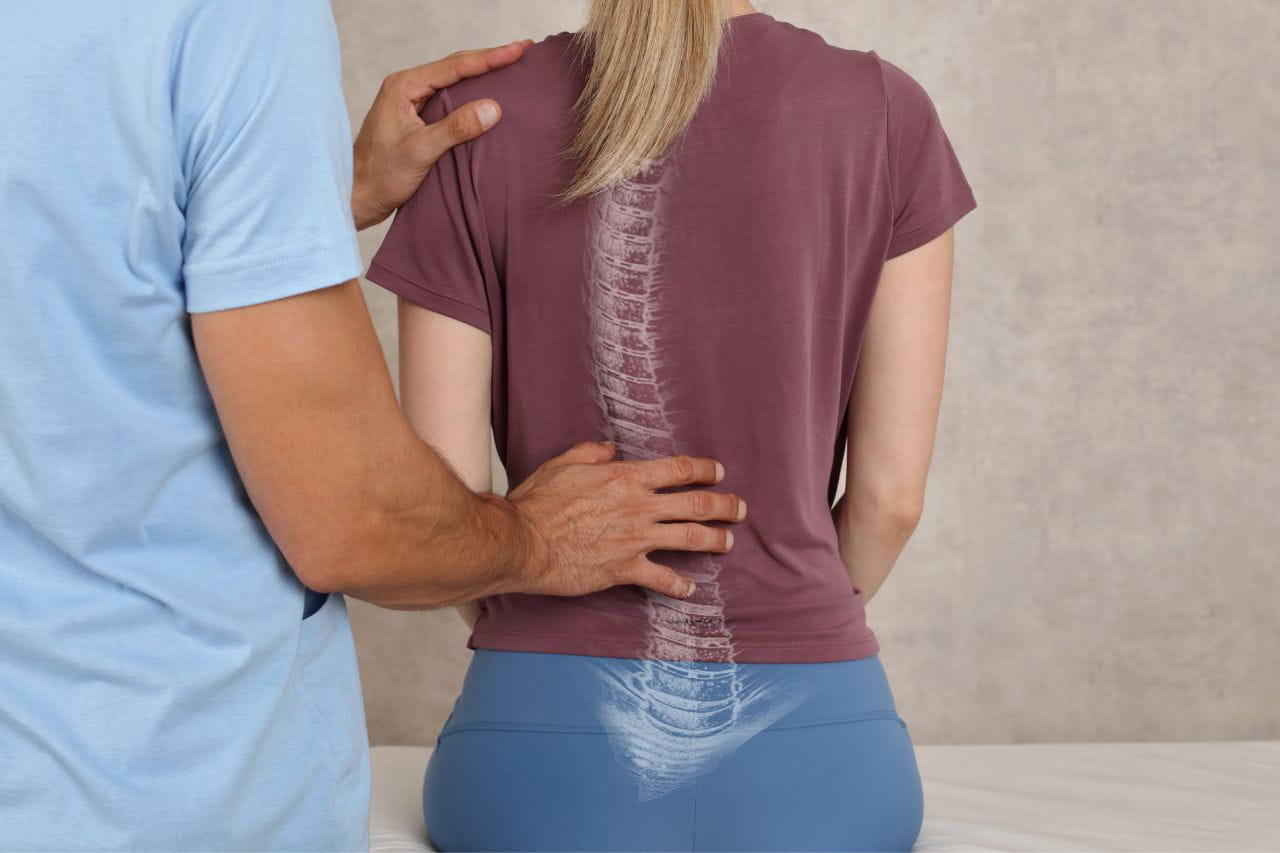Worried About Your Child Playing Football?

Concerns about an increased risk of injuries may be keeping some kids off football fields throughout the United States. According to the National Sports Goods Association (NSGA), participation in tackle football was down 3% to 9 million players over the age of 7 in 2011.
While football has been linked to injuries, including broken bones and concussions, experts say the number of actual injuries isn’t on the rise. Instead, increased education may be leading to more doctor visits. Experts say it’s important to not that concussions and other injuries aren’t unique to the game of football. They’re also increasingly common in sports such as soccer, cheerleading and hockey.
Fortunately, many football injuries can be prevented by wearing the right equipment and using proper technique.
At a minimum, players should never take the field without the following gear:
- Helmet. Helmets should meet the safety standards developed by the National Operating Committee on Standards for Athletic Equipment (NOCSAE).
- Pants with leg pads. Some football pants include pads that snap into place or fit into pockets within the pants. Other pants are shells that you pull over your pads. Regardless of which style your child chooses, the pants should have pads for your child’s hips, thighs, knees and tailbone.
- Shoulder pads. Football shoulder pads should have a hard plastic shell with thick padding.
- Shoes. Different leagues have different rules dictating the type of shoes and cleats your child can use. Check with a coach and consult the league’s guidelines regarding which types of shoes are allowed.
- Mouthguard. Be sure to get one with a keeper strap that attaches it securely to your child’s facemask.
- Athletic Supporter with cup. Worn properly, this essential piece of equipment help male athletes avoid testicular injuries.
Additional Guidelines
- Require your child to have a pre-season physical. Many schools won’t let athletes play unless they’ve had a sports physical.
- Have your child warm up and stretch before every game or practice.
- Have children drink plenty of water before, during, and after games and practices. This helps him avoid dehydration and overheating, especially when it’s hot out.
- Make sure there is first aid available at the fields where your child plays and practices, as well, as someone who knows to administer it.
- If an injury occurs, a doctor should approve your child’s return to play.



